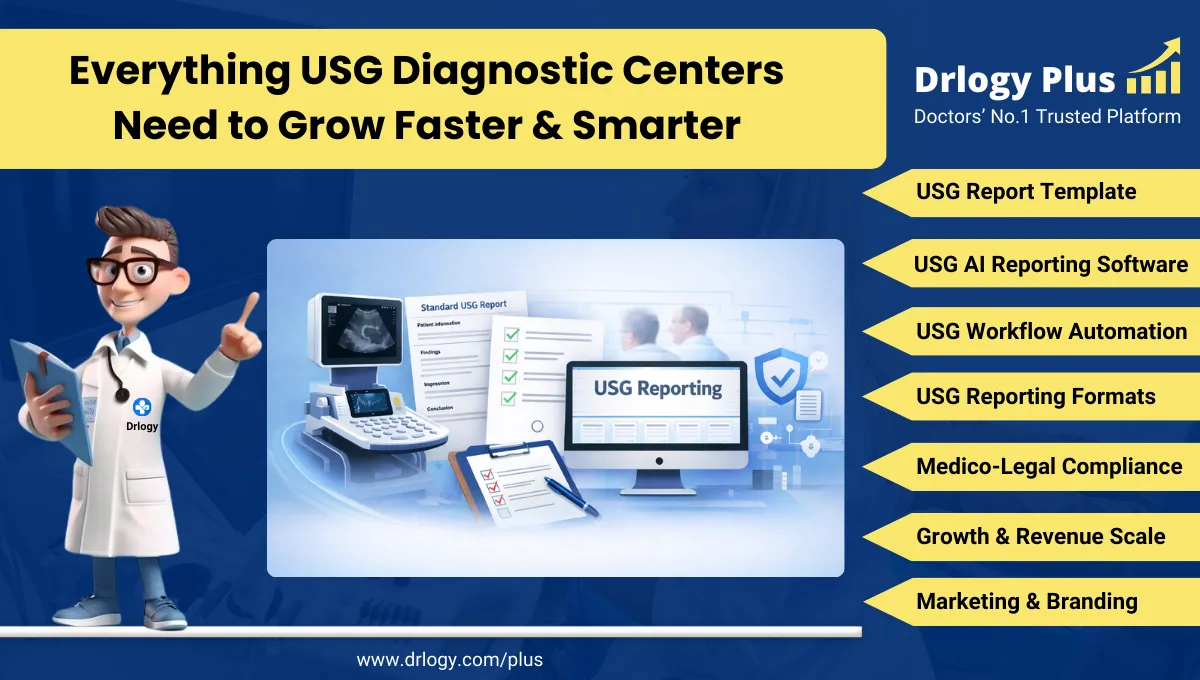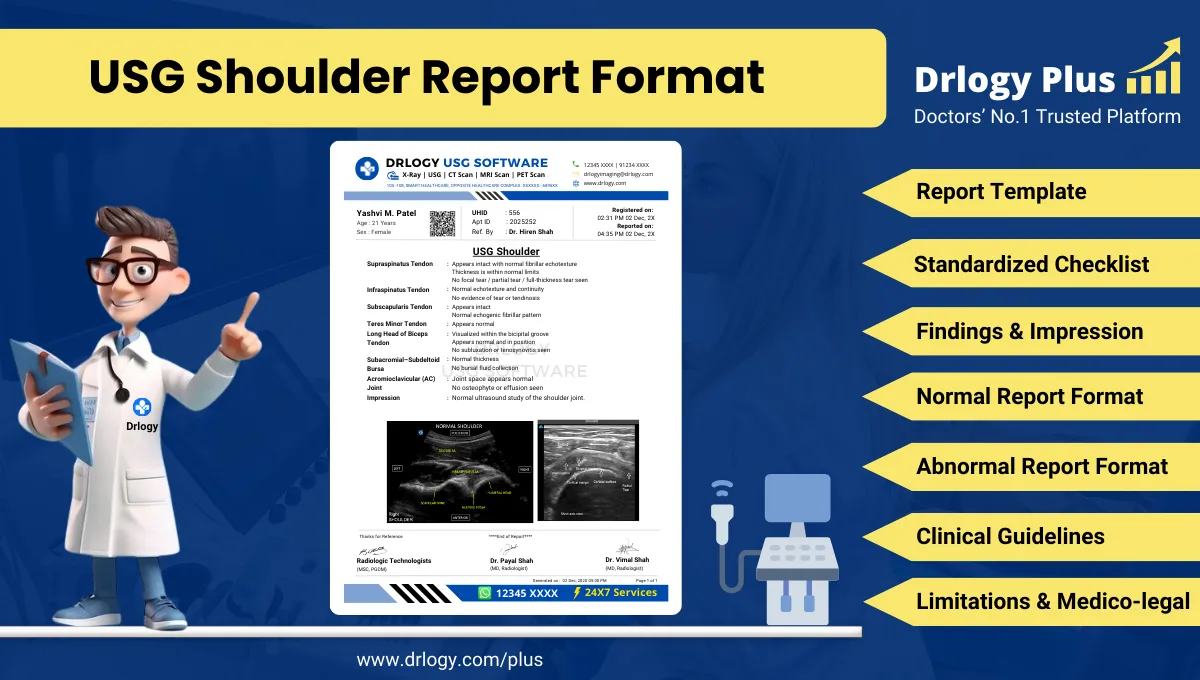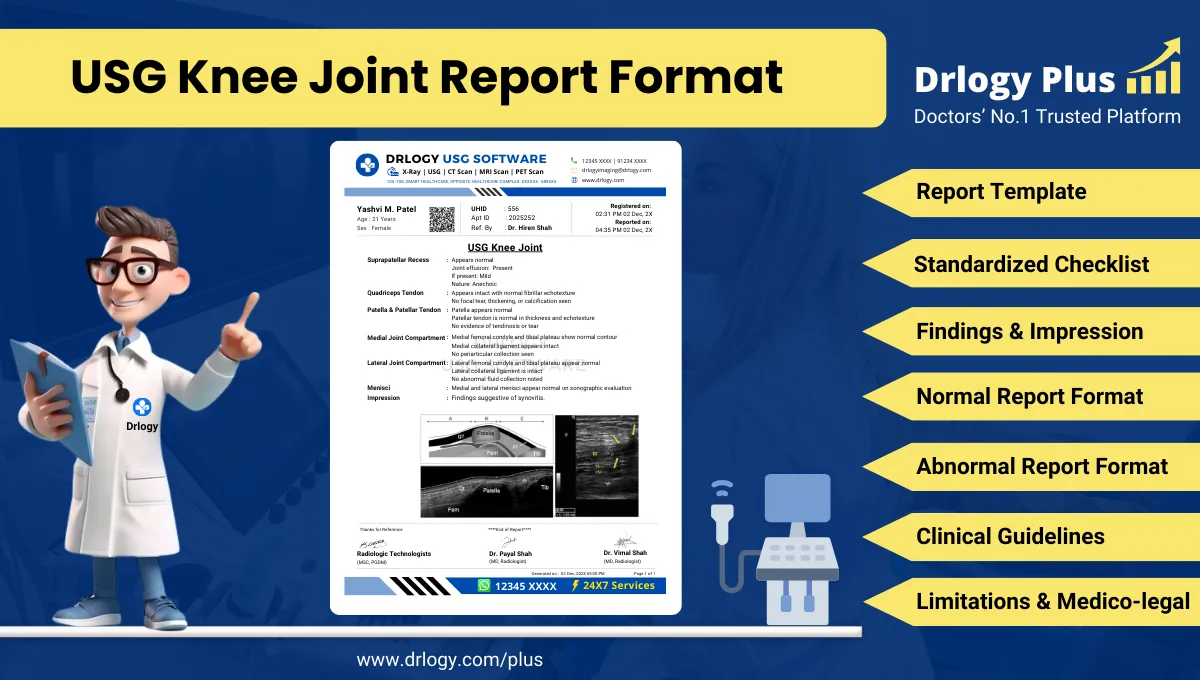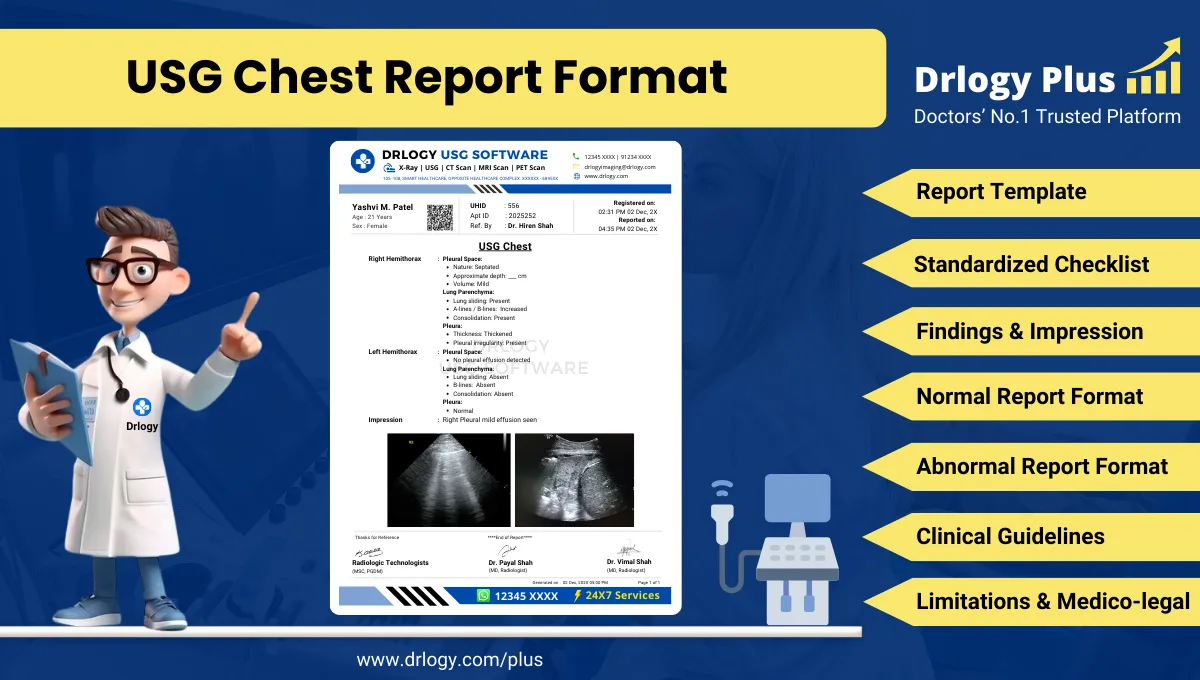

Drlogy
Healthcare organization
10 Mistakes To Avoid In Patient Counselling
In patient counseling, awareness of common pitfalls is crucial to ensure effective communication and support.
Check:
Byentifying and avoiding mistakes such as inadequate listening, lack of empathy, misinformation, rushed interactions, and disregarding patient preferences, healthcare providers can uphold the integrity of counseling sessions and foster positive patient experiences.
Check:
Top 10 Mistakes To Avoid In Patient Counselling
Here are the Top 10 Mistakes To Avoid In Patient Counselling.

1. Inadequate Listening
- Failure to Listen: Not giving full attention to the patient's concerns or interrupting them during counseling sessions.
- Lack of Empathy: Failing to empathize with the patient's emotions or trivializing their experiences.
- Misinterpretation: Making assumptions about the patient's needs or misinterpreting their verbal and non-verbal cues.
- Solution: Practice active listening techniques, such as maintaining eye contact, nodding, and paraphrasing to demonstrate understanding and validation.
- Benefit: Building trust, rapport, and a deeper understanding of the patient's perspective, leading to more effective communication and outcomes.
2. Lack of Empathy
- Insensitive Responses: Responding to patient concerns or emotions with dismissiveness, indifference, or insensitivity.
- Minimizing Feelings: Downplaying the significance of the patient's emotions or experiences, making them feel invalidated or misunderstood.
- Solution: Cultivate empathy by acknowledging the patient's feelings, expressing understanding, and validating their experiences without judgment.
- Benefit: Creating a supportive and compassionate environment that promotes trust, openness, and collaboration in the counseling process.
3. Misinformation
- Providing Inaccurate Information: Sharing incorrect or outdated information about medical conditions, treatments, or medications.
- Failure to Educate: Neglecting to provide comprehensive explanations or clarifications about healthcare concepts, leading to confusion or misunderstanding.
- Solution: Ensure information shared during counseling sessions is evidence-based, accurate, and tailored to the patient's level of understanding.
- Benefit: Empowering patients with knowledge, promoting informed decision-making, and fostering confidence in their healthcare decisions.
4. Rushed Interactions
- Time Constraints: Conducting counseling sessions in a rushed or hurried manner due to time constraints or scheduling pressures.
- Incomplete Assessments: Failing to fully explore patient concerns, preferences, or barriers to care due to time limitations.
- Solution: Allocate adequate time for counseling sessions, prioritize patient needs, and avoid overbooking appointments to allow for thorough and unhurried discussions.
- Benefit: Enhancing patient satisfaction, engagement, and comprehension of healthcare information, leading to better treatment adherence and outcomes.
5. Disregarding Patient Preferences
- Imposing Treatment Plans: Dictating treatment plans or decisions without considering the patient's values, preferences, or cultural beliefs.
- Ignoring Patient Input: Disregarding patient input or autonomy in the decision-making process, leading to feelings of disempowerment or frustration.
- Solution: Collaborate with patients in shared decision-making, actively involve them in treatment planning, and respect their autonomy and preferences.
- Benefit: Promoting patient-centered care, fostering trust, and increasing treatment acceptance and adherence by aligning care with patient values and preferences.
6. Lack of Preparation
- Insufficient Information: Being ill-prepared for counseling sessions, resulting in incomplete or inaccurate information provided to patients.
- Unfamiliarity with Resources: Failing to familiarize oneself with available resources, support services, or treatment options relevant to the patient's needs.
- Solution: Prioritize preparation by reviewing patient records, gathering relevant information, and familiarizing oneself with available resources before counseling sessions.
- Benefit: Enhancing the effectiveness of counseling sessions, demonstrating professionalism, and providing comprehensive support to patients.
7. Overlooking Psychological Factors
- Ignoring Mental Health Concerns: Focusing solely on physical health without addressing underlying mental health issues or emotional well-being.
- Neglecting Psychosocial Factors: Overlooking the impact of social determinants, stressors, or lifestyle factors on the patient's health and treatment outcomes.
- Solution: Adopt a holistic approach to patient care by assessing and addressing psychological, social, and environmental factors impacting the patient's health and well-being.
- Benefit: Improving treatment outcomes, patient satisfaction, and overall quality of life by addressing underlying psychological and social determinants of health.
8. Lack of Follow-Up
- Failure to Monitor Progress: Neglecting to follow up with patients after counseling sessions to assess treatment adherence, progress, or any emerging concerns.
- Missed Opportunities for Support: Missing opportunities to provide ongoing support, education, or adjustments to treatment plans based on patient feedback or evolving needs.
- Solution: Implement a system for regular follow-up, monitoring, and reassessment of patient progress, ensuring continuity of care and addressing any emerging issues promptly.
- Benefit: Enhancing patient engagement, treatment outcomes, and satisfaction by providing ongoing support, guidance, and adjustments to care as needed.
9. Lack of Cultural Competence
- Cultural Insensitivity: Failing to consider or respect the patient's cultural background, beliefs, values, oruage preferences during counseling sessions.
- Communication Barriers:uage barriers, cultural differences, or stereotypes that hinder effective communication and understanding between the healthcare provider and patient.
- Solution: Cultivate cultural competence by actively listening, learning about different cultures, and adapting communications and interventions to meet the patient's cultural needs.
- Benefit: Building trust, rapport, and mutual understanding with patients from diverse backgrounds, leading to improved communication, engagement, and treatment outcomes.
10. Inadequate Documentation
- Incomplete or Inaccurate Records: Failing to document counseling sessions, patient interactions, or treatment plans accurately and comprehensively.
- Lack of Documentation Standards: Absence of standardized documentation protocols, leading to inconsistencies, errors, or omissions in patient records.
- Solution: Establish clear documentation standards, templates, and protocols for recording counseling sessions, patient assessments, and treatment plans consistently and accurately.
- Benefit: Ensuring continuity of care, legal compliance, and effective communication among healthcare team members, ultimately enhancing patient safety and quality of care.
Drlogy Patient Counseling Guide
| 1. Introduction | 8. Impact |
| 2. Objective | 9. Doctor's |
| 3. Patient Education | 10. Medication Education |
| 4. Patient Counseling Software | 11. Lifestyle Modification |
| 5. Benefits | 12. Patient Support |
| 6. Techniques | 13. Long Term Goal |
| 7. Ideas/Examples | 14. Mistakes To Avoid |
Summary
Overall, Avoiding common pitfalls in patient counseling ensures effective communication, fosters trust, and promotes patient engagement, ultimately leading to better treatment adherence and health outcomes.
Check Drlogy Patient Counseling Guide offers comprehensive support for healthcare providers, facilitating effective communication, education, and empowerment for patients, ultimately leading to improved health outcomes.




